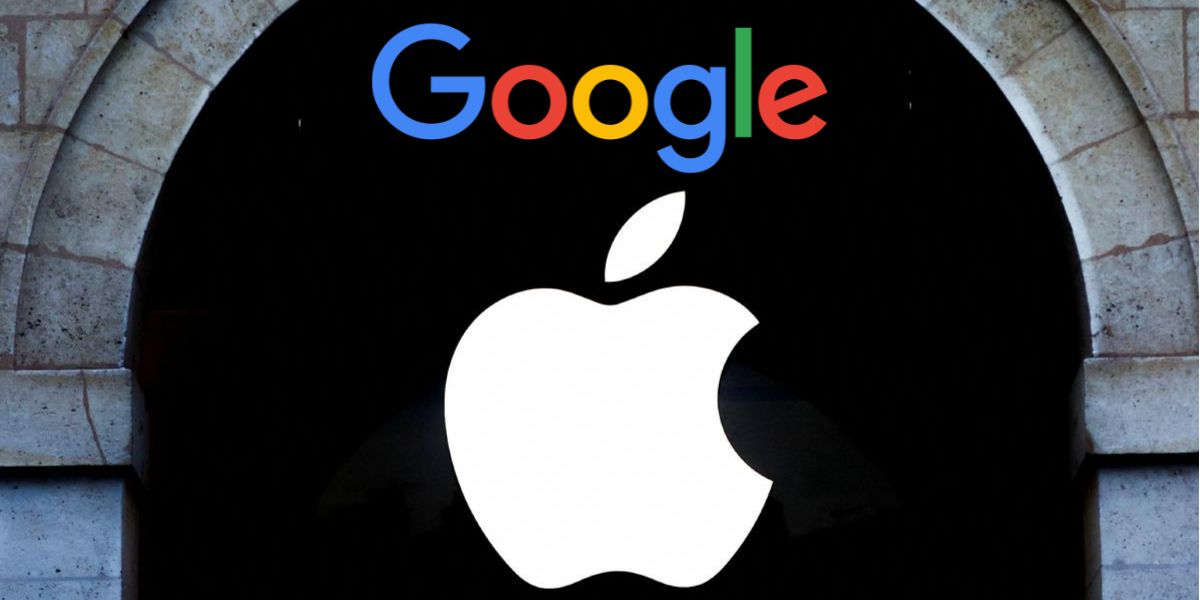In a surprising move, Apple has turned to Google’s tensor processing units (TPUs) instead of industry leader Nvidia’s chips to train two key artificial intelligence models, according to a research paper published by the tech giant on Monday. This decision marks a significant departure from the norm in the AI hardware landscape, where Nvidia has long dominated the market.
The paper reveals that Apple utilized two different versions of Google’s TPUs, organized in large clusters, to build its AI infrastructure. For the model designed to operate on iPhones and other devices, Apple employed 2,048 TPUv5p chips. The server AI model, on the other hand, was trained using 8,192 TPUv4 processors.
This choice of hardware is particularly noteworthy given Nvidia’s stronghold on the AI chip market. Including processors made by cloud computing companies like Google and Amazon, Nvidia commands approximately 80% of the market share. Apple’s decision to bypass Nvidia’s offerings in favor of Google’s TPUs raises questions about the future of AI chip preferences in the tech industry.
While Apple did not explicitly state that it avoided using Nvidia chips altogether, the research paper’s detailed description of the hardware and software infrastructure lacked any mention of Nvidia components. Apple has not provided additional comments on the matter.
Google’s TPUs are accessible through the Google Cloud Platform, requiring customers to build software within this ecosystem to utilize the chips. This arrangement differs from Nvidia’s approach of selling standalone chips and systems, potentially offering Apple more flexibility in its AI development process.
The revelation comes as Apple prepares to roll out portions of its Apple Intelligence features to beta users this week. The company had previously announced a range of new AI capabilities at its June developer conference, including the integration of OpenAI’s ChatGPT technology into its software.
Apple’s engineers hinted at the possibility of creating even larger and more sophisticated models using Google’s chips, suggesting that this partnership could lead to further advancements in Apple’s AI capabilities.
As the AI race heats up among tech giants, Apple’s choice to leverage Google’s hardware for its AI models could have far-reaching implications for the industry. It remains to be seen how this decision will impact Apple’s AI offerings and whether it signals a broader shift away from Nvidia’s dominance in the AI chip market.
The news had a minimal impact on Apple’s stock, which saw a slight 0.1% decrease to $218.24 in regular trading on Monday. As the tech world closely watches Apple’s AI developments, the company’s unconventional hardware choice may set the stage for a new chapter in the evolving landscape of artificial intelligence technology.





